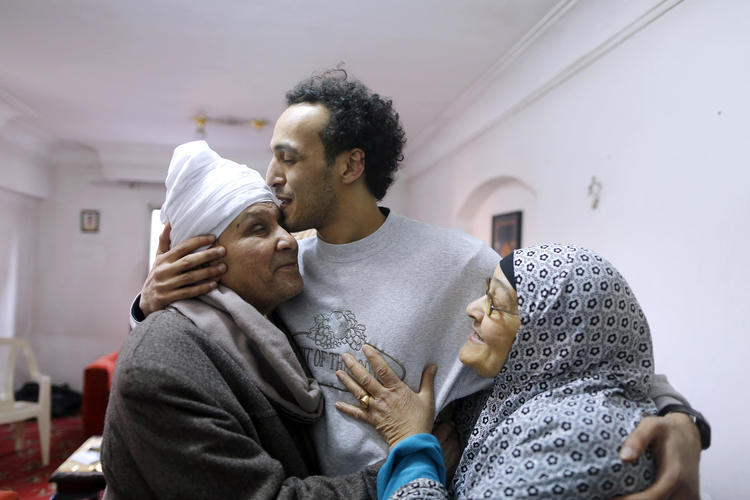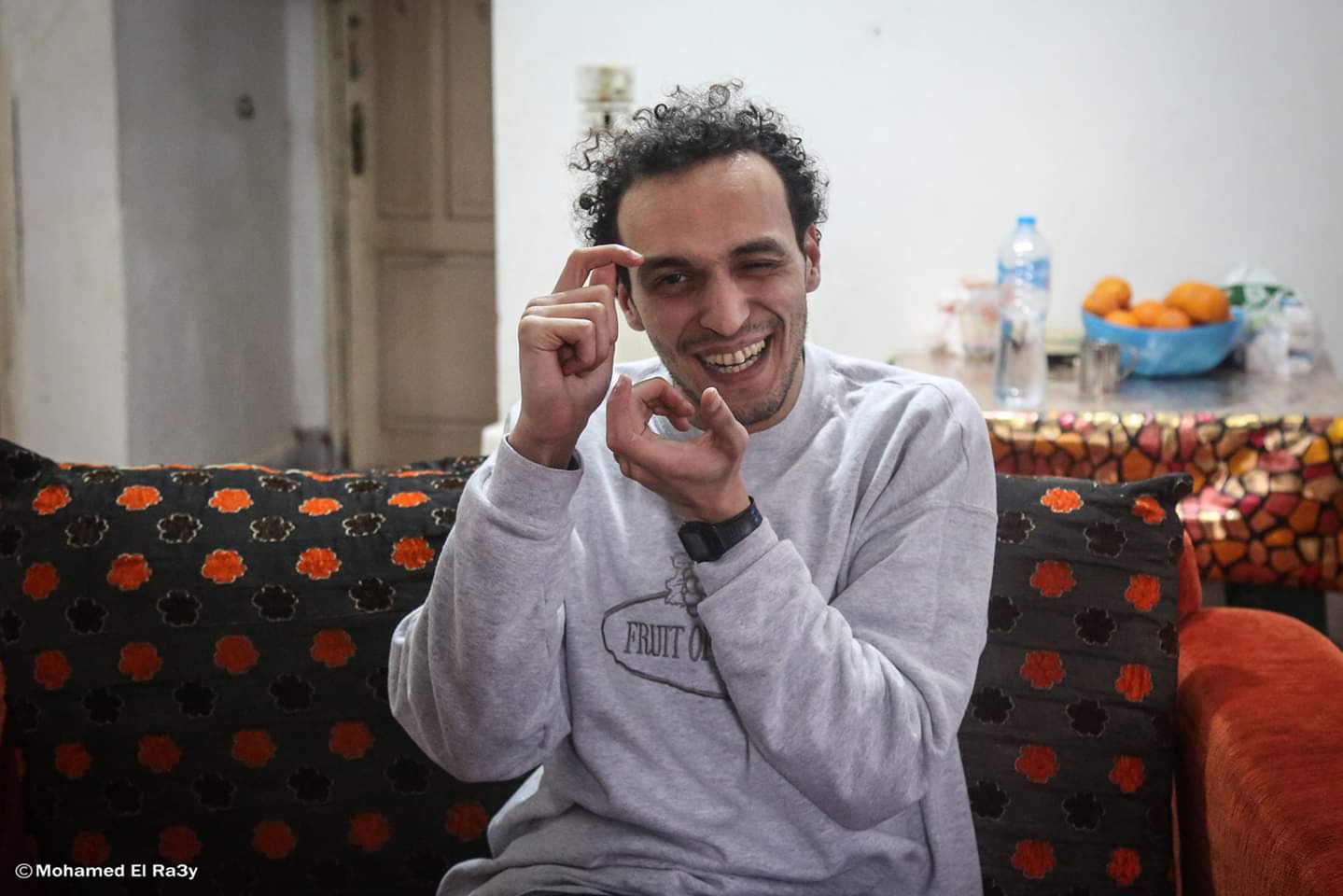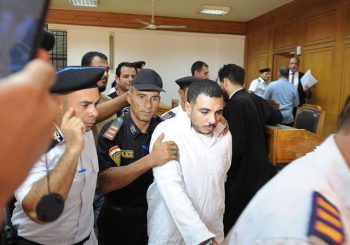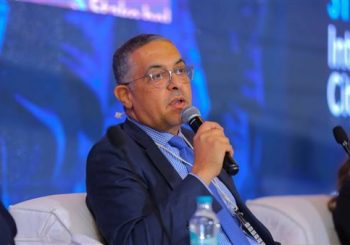
After more than five years in prison, Egyptian photo journalist Mahmoud Abu Zaid has been finally released.
Shawkan posted a photo from his own Twitter account on Sunday evening.
يا أهلا بالأسفلت … ❤#Shawkan_Is_Free#شوكان_عالاسفلت pic.twitter.com/bZot9HBO7o
— Mahmoud Abou Zeid (@ShawkanZeid) March 4, 2019
”I can’t describe how I feel, I’m free,” he told Reuters Arabic.
Shawkan’s release is heavily mandated by strict conditions: he is under police observation and probation for the next five years.
According to the Committee to Protect Journalists, he is also not allowed to manage his financial properties or assets during those five years.
It is expected that Shawkan and his lawyer would appeal the decision in Egypt’s cassation court.
“We are relieved to hear that Shawkan is finally free after spending over five years in jail and call on authorities to end their shameful treatment of this photojournalist by removing any conditions to his release,” stated Sherif Mansour, the Committee to Protect Journalists (CPJ) Middle-East and North Africa Program Coordinator.
“The Egyptian government should take steps immediately to improve its image, which has been badly tarnished by this unjust imprisonment–and it can start by releasing all journalists jailed in relation to their work,” he added.
At the end of February, procedures were reported to be underway to release 32-year-old Egyptian photojournalist Mahmoud Abu Zeid.
This equally applied to 214 other individuals who had served five-year jail sentences for their involvement with the currently-banned Mulsim Brotherhood’s sit-in at Rabaa El Aadaweya, located in Cairo’s Nasr city.
Commonly referred to as ‘Shawkan’, the freelance photographer was sentenced to five-years in prison in for covering the 2013 political events by the Cairo Criminal Court.
Shawkan was jailed for covering the dispersal of Al Rabaa El Adawiya mosque as well as covering clashes between protesters and security forces in 2013.
Since he had already spent more than five years in prison as ‘pre-trial- detention’, he was expected to be released in September 2018; authorities have not spoken out on the reasons of his detention till today.
However, BBC Arabic stated that Shawkan was unable to pay the criminal and compensation expenses. As a result, the Public Prosecution decided on a six-month detention extension.
Shawkan was accused of launching arson attacks on public utilities, inciting murder and crime, resisting authorities, blocking roads, assaulting police and inhabitants, illegally possessing weapons and organising an armed gathering in Rabaa square.
These accusations contrast sharply with the support of the Photojournalists Department, a sub-branch of the Press Syndicate in Egypt. The latter affirmed its full support to Shawkan in April, adding that there are documents proving that he possessed no weapons, but only his camera.
His lawyer, Karim Abdelrady, has also reiterated that Shawkan was merely acting out the functions of his profession.






Comment (1)
[…] Source link […]